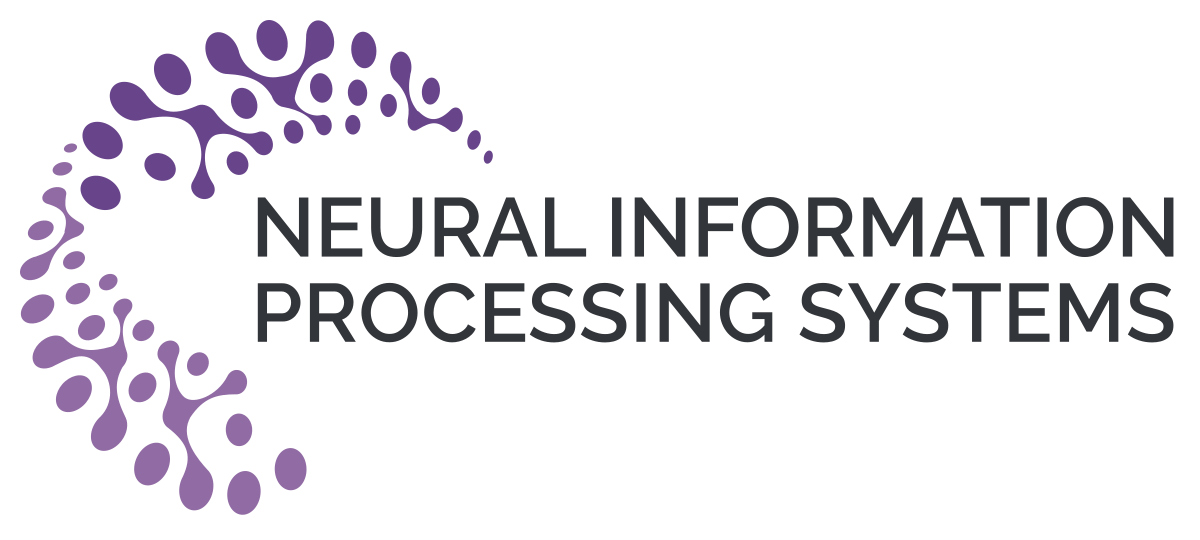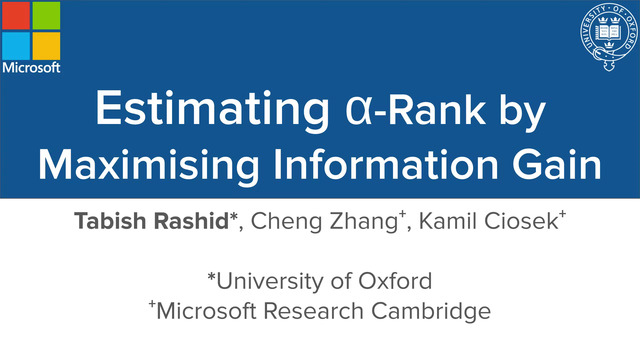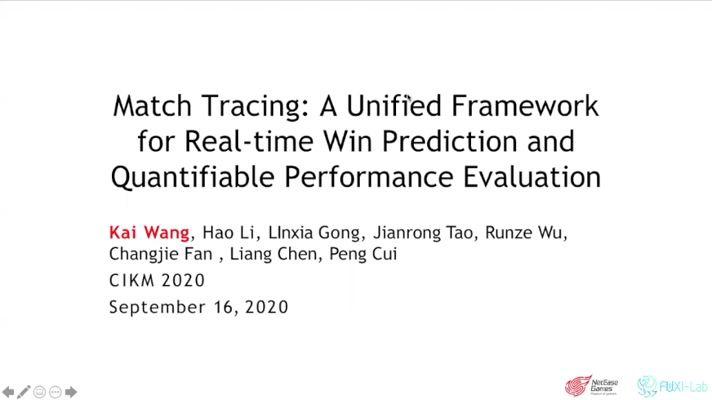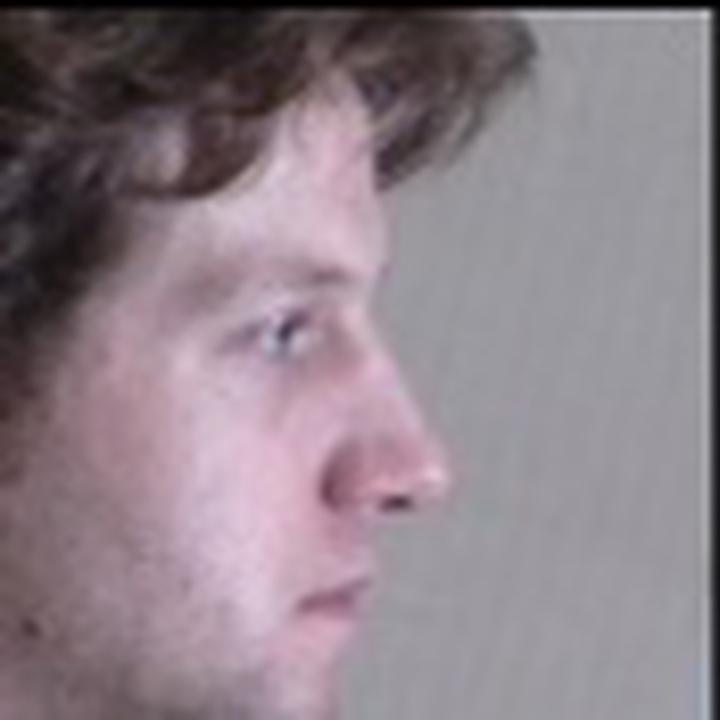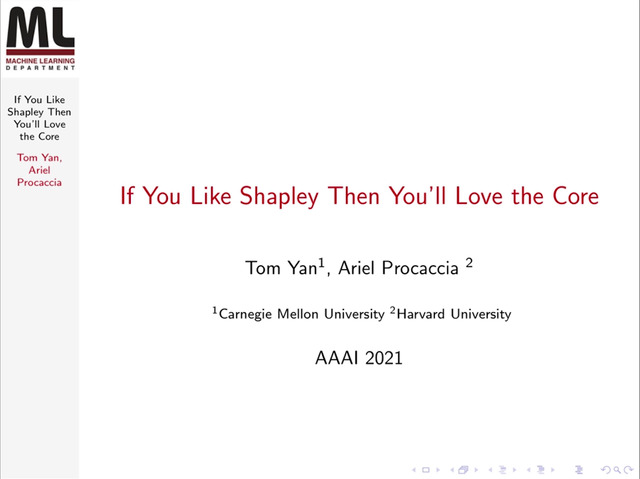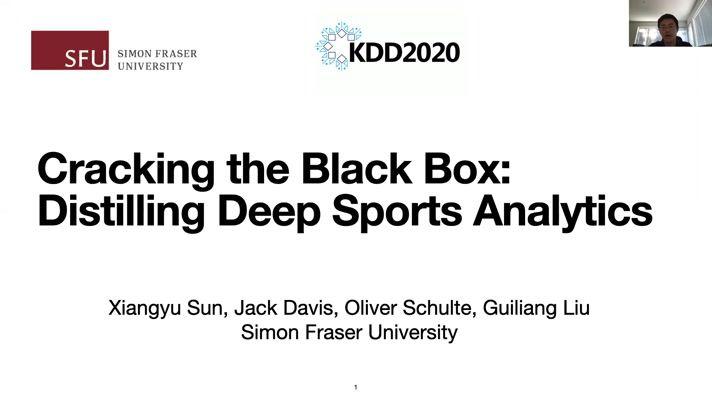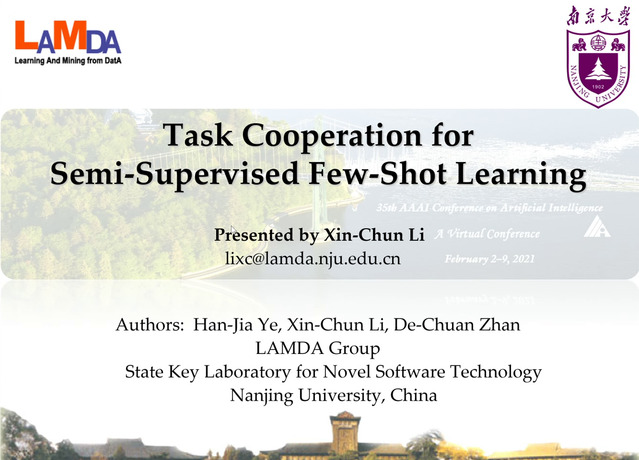Abstract:
Can we predict how well a team of individuals will perform together? How should individuals be rewarded for their contributions to the team performance? Cooperative game theory gives us a powerful set of tools for answering these questions: the characteristic function and solution concepts like the Shapley Value. There are two major difficulties in applying these techniques to real world problems: first, the characteristic function is rarely given to us and needs to be learned from data. Second, the Shapley Value is combinatorial in nature. We introduce a parametric model called cooperative game abstractions (CGAs) for estimating characteristic functions from data. CGAs are easy to learn, readily interpretable, and crucially allows linear-time computation of the Shapley Value. We provide identification results and sample complexity bounds for CGA models as well as error bounds in the estimation of the Shapley Value using CGAs. We apply our methods to study teams of artificial RL agents as well as real world teams from professional sports.

